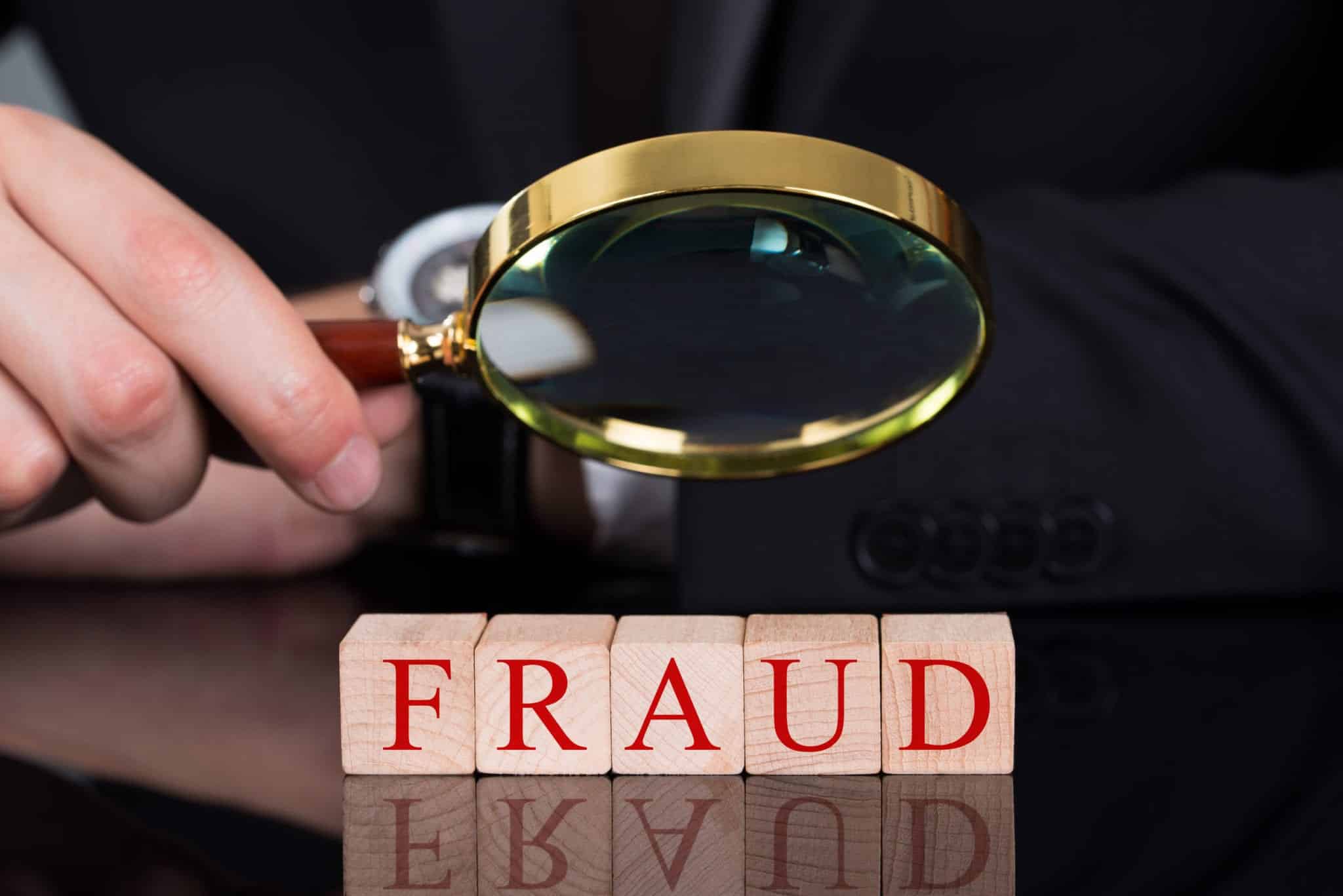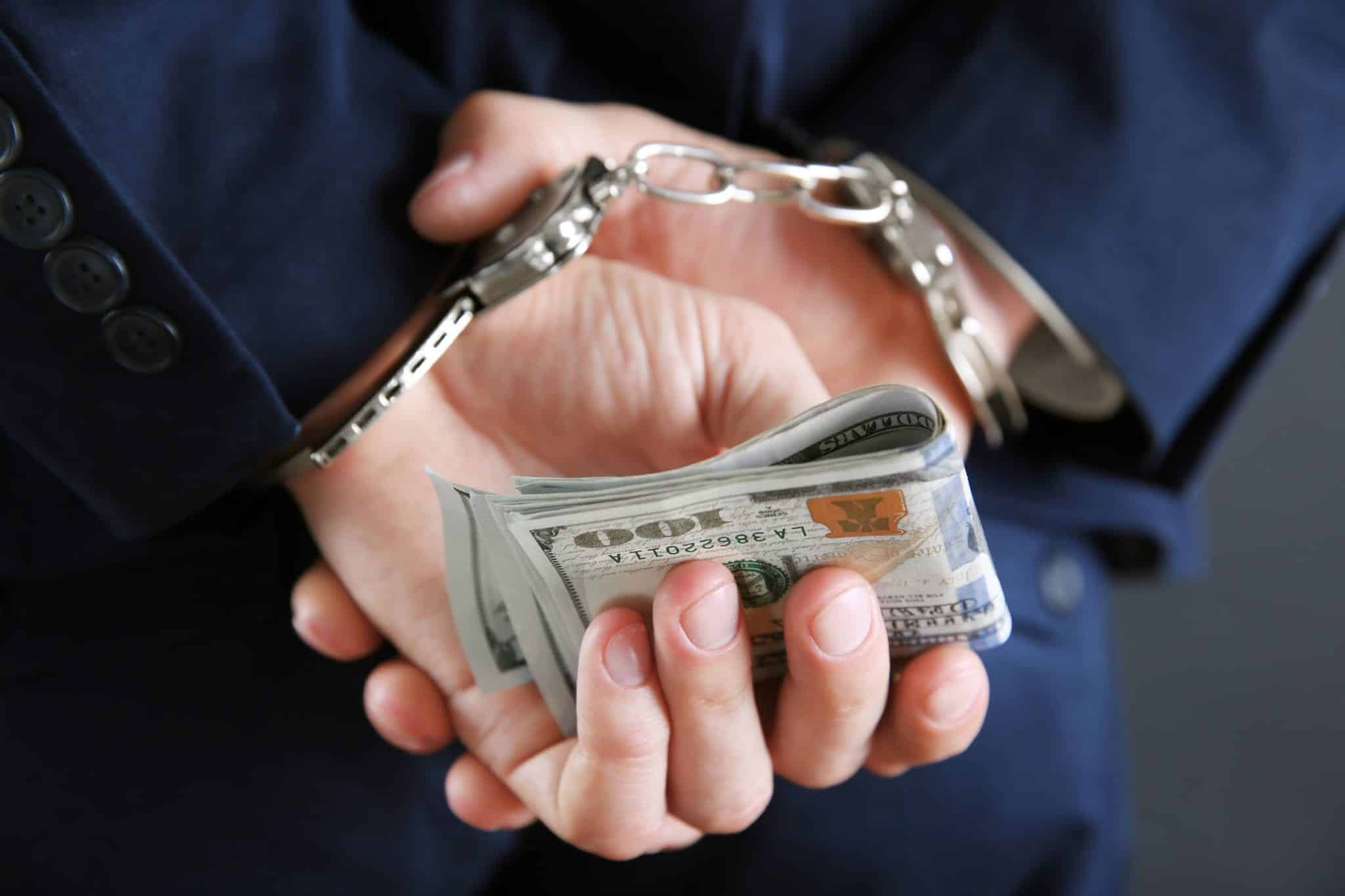The CEO of the Teachers Federal Credit Union recently pled guilty to federal bank fraud for assisting a former state senator obtain a fraudulent loan.
Federal prosecutors charged that the CEO loaned $10,000 to the former state senator currently serving 12 years in prison for defrauding investors with an oilfield company. Because the senator was not a member of the Credit Union, the loan was made in the name of one of the senator’s relatives, who signed the check over to a third-party payee.
The CEO pled guilty to bank fraud, and faces up to five years in prison and a fine up to $250,000. He faces additional charges for filing a fraudulent tax return.
How do people end up facing this kind of legal trouble?
Below, we take a look at federal bank fraud and related crimes, and the penalties you could face if charged and convicted.
Federal Bank Fraud Defined
According to 18 U.S.C. § 1344, bank fraud is the “criminal offense of knowingly executing, or attempting to execute, a scheme or artifice to defraud a financial institution, or to obtain property owned by or under the control of a financial institution, by means of false or fraudulent pretenses, representations, or promises.”
In plain English, bank fraud is an act that uses deception to obtain money from a bank or other financial institutions. This can occur through many different means.
Examples of Bank Fraud and Related Offenses
Federal bank fraud law is purposely written very broadly to encompass any offense that involves fraudulent bank activity. Let’s take a look at some common acts which constitute bank fraud.
- Check Fraud: One of the most common forms of bank fraud involves the fraudulent use of checks to obtain cash or other assets. In some cases, the defendant may write a check with the knowledge that there is not sufficient money in the account, or present a check that has been modified.
- Loan Fraud: Fraudulent loans, such as the case above, are another common form of bank fraud. In some cases, the defendant may take out a loan using false information. The defendant may also take out a loan with the knowledge that he or she is about to declare bankruptcy, which is also considered bank fraud.
- Account Takeover Fraud: Scammers may also take over accounts fraudulently in a form of identity theft, gaining access to multiple accounts. This is known as account takeover fraud, and can be prosecuted as bank fraud.
Bank Fraud as a Related Offense
Other offenses–money laundering as an example—may defraud banks as a part of a broader criminal enterprise. In this case the defendant would be subject to charges not only for money laundering, but for bank fraud as well.
Often, commission of bank fraud involves other fraud crimes. For example, if the fraud is committed by mail, the defendant may also be charged with mail fraud.
Similarly, if the fraud is committed over the Internet, it may be considered a computer crime. Identity theft, which frequently involves a computer of some kind, is also often related to bank fraud crimes.
Federal Bank Fraud Penalties
Bank fraud is a quite serious offense, punishable by up to 30 years in prison and fines reaching $1,000,000. Importantly, this penalty is imposed for each count of bank fraud. Take writing fraudulent checks — the defendant commits the offense many times, which can result in multiple counts of bank fraud.
These crimes are almost always prosecuted federally, as most banks are protected by the Federal Deposit Insurance Corporation (FDIC), a federal organization. This can be problematic at the state level for a number of reasons.
- Investigative Resources: First, federal prosecutors have at their disposal federal investigative agencies, for example the FBI. These agencies have more resources to investigate than state or local agencies, yielding stronger evidence that’s more difficult to defend against.
- Harsher Penalties: Second, federal courts are notorious for strictly enforced mandatory minimums that may not be reflective of the crime, and federal judges are more likely to seek out the maximum sentence. Further, federal prisons do not have parole programs, meaning that the entire sentence a defendant receives in federal court will be served behind bars.
Fortunately, however, charges do not equate to a conviction. Depending on the specifics of your case, a number of defense strategies may be available to help your case. If you are under investigation for suspected fraud or think that you could be in the near future, it’s important to take immediate action.






